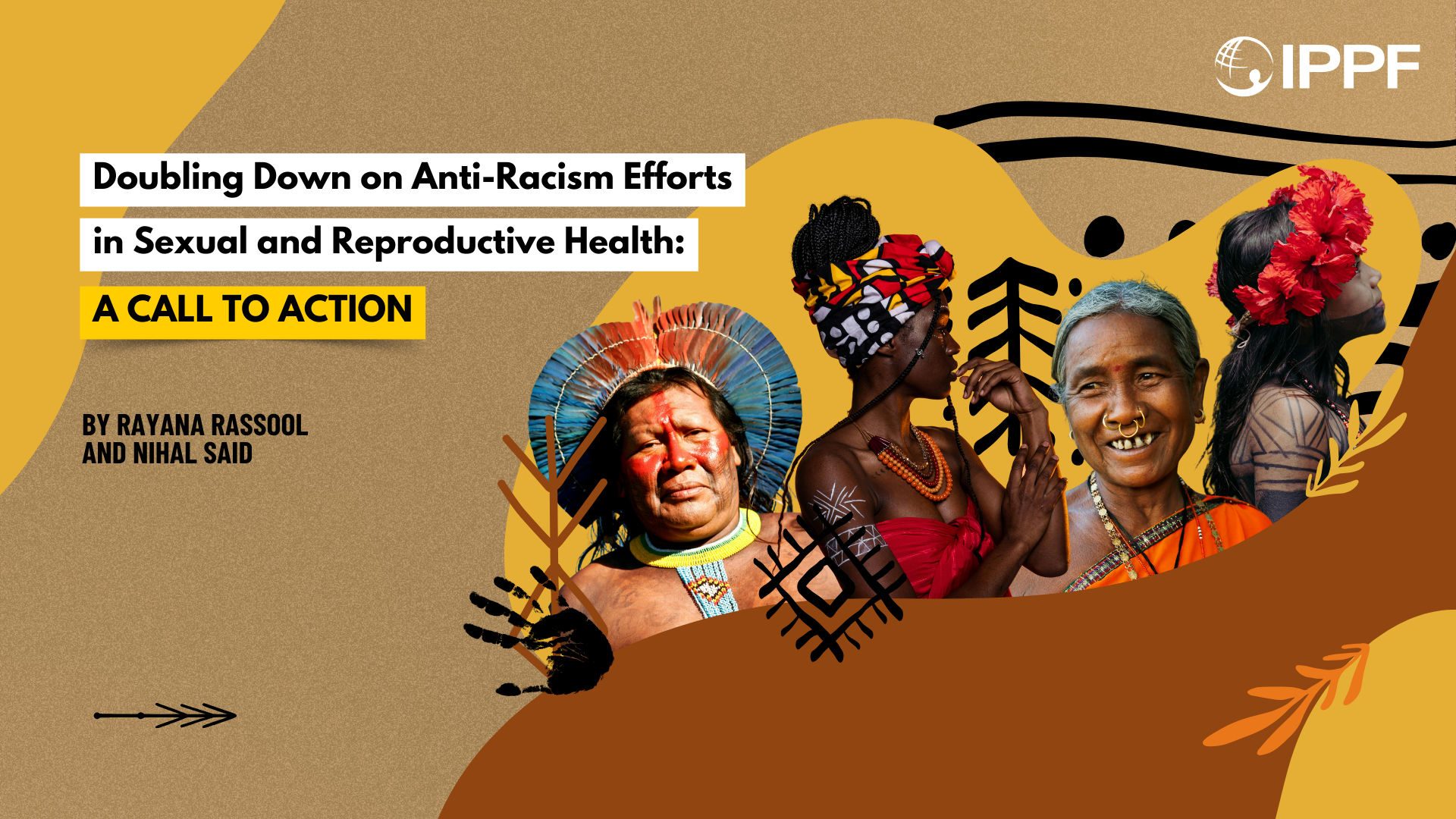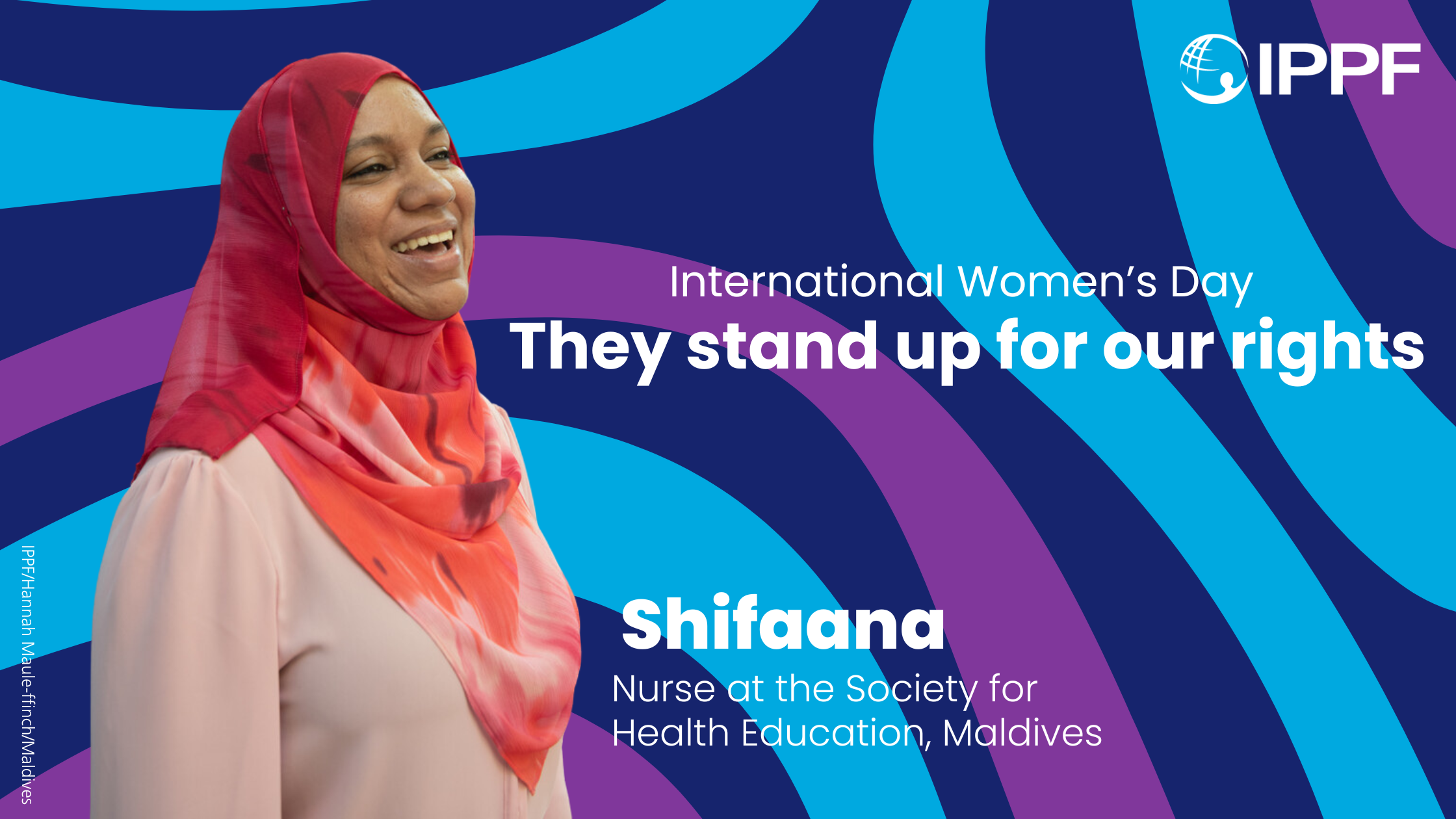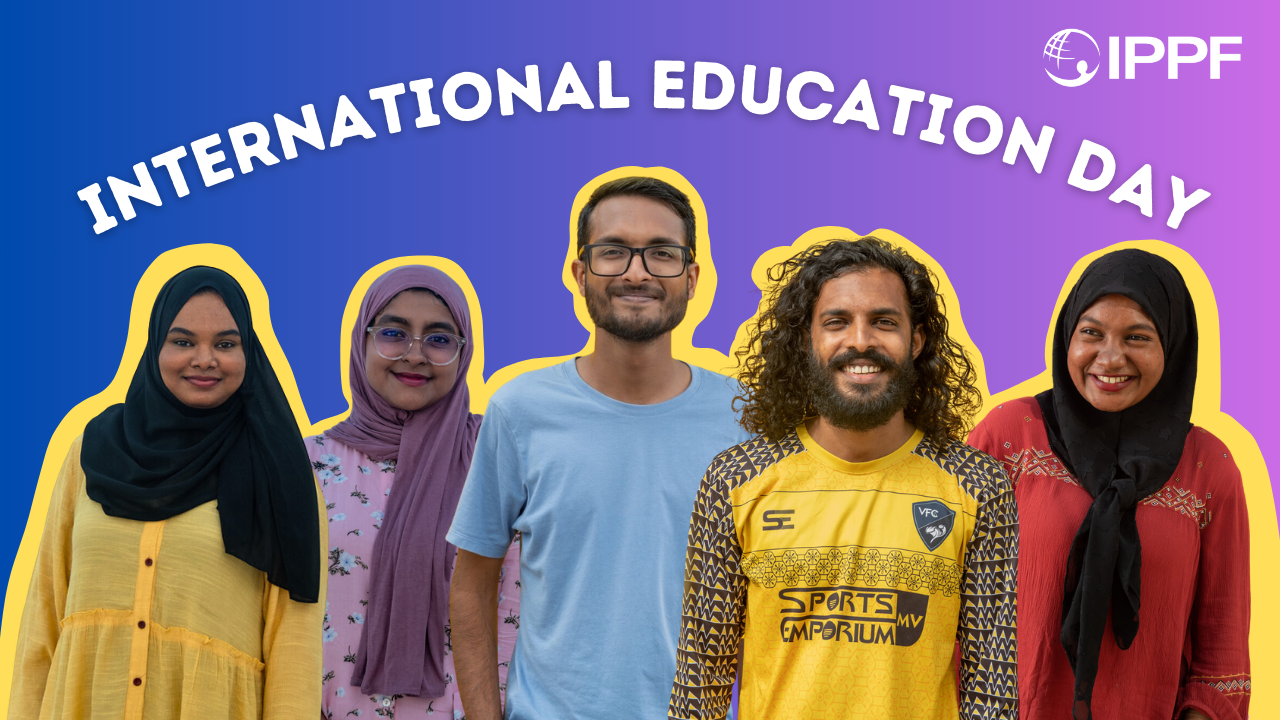
Latest Blogs
A selection of blogs from across the Federation
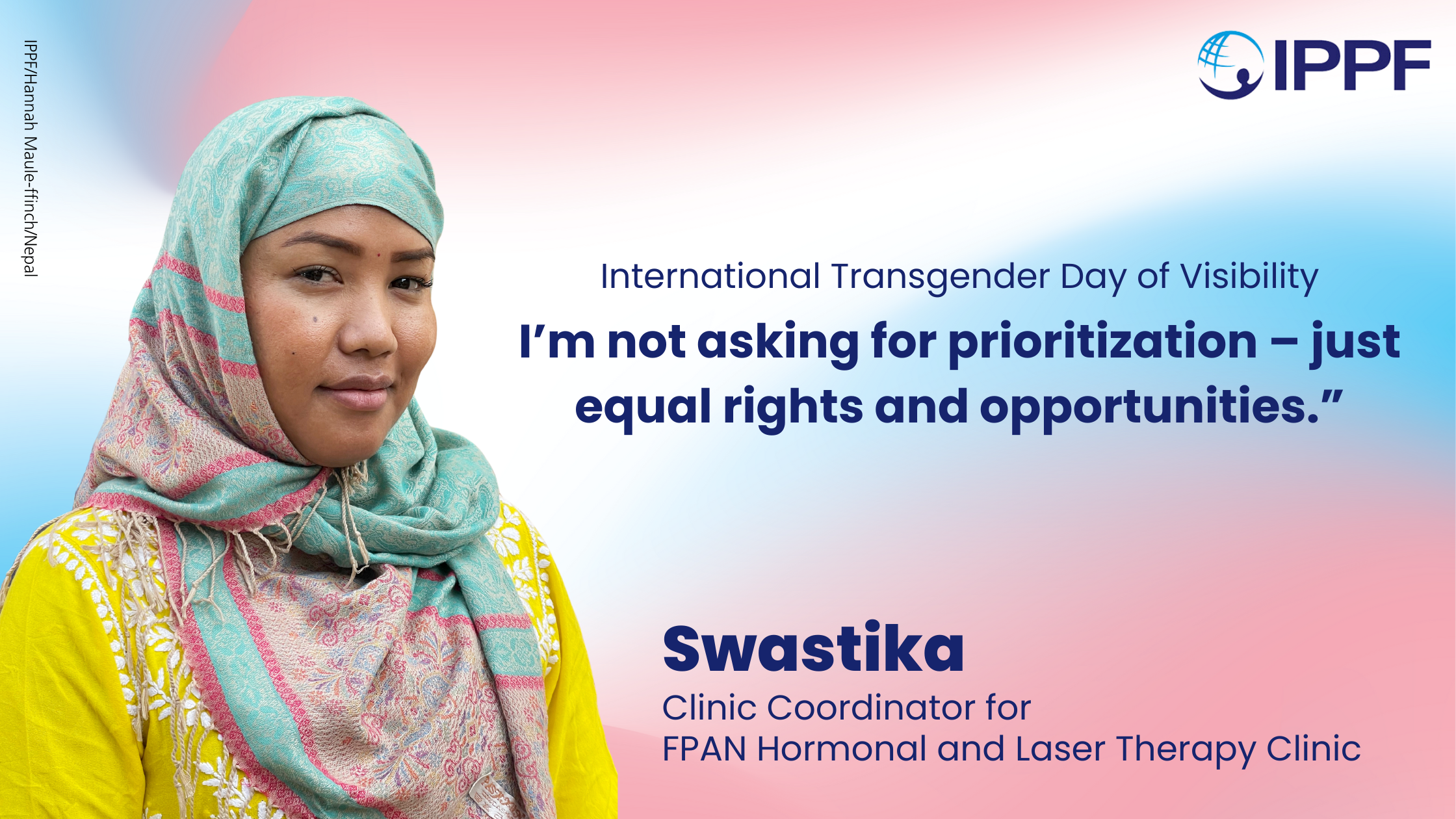
Nepal
Blog
Breaking Barriers: Inside Nepal’s First LGBTQIA+ Hormonal and Laser Therapy Clinic
“In my mind, I only ‘came out’ once – from my mother’s womb,” says Swastika, a transgender activist and clinic coordinator of Nepal’s first Hormonal and Laser Therapy Clinic for LGBTQIA+ people. The clinic was established in 2022 in collaboration with IPPF’s member association, the Family Planning Association of Nepal (FPAN) and the Blue Diamond Society (BDS), Nepal’s pioneering LGBTQIA+ organization.
20 June 2018
IPPF are working with local organisations in Bangladesh to help meet the sexual and reproductive healthcare needs of the Rohingya.
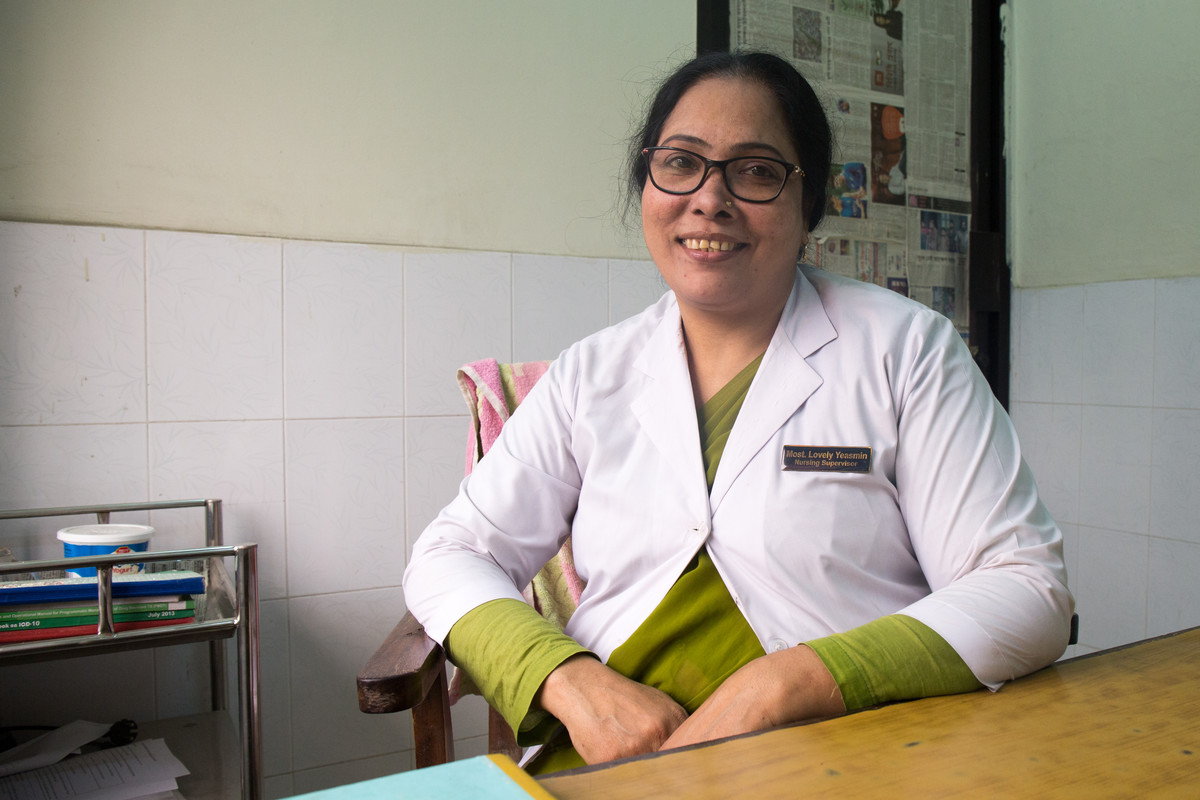
08 February 2018
In Bangladesh menstrual regulation, the method of establishing non-pregnancy for a woman at risk of unintended pregnancy, has been a part of the country’s family planning program since 1979 and is allowed up to 10–12 weeks after a woman’s last menstrual period.








